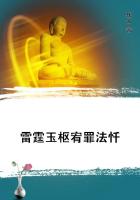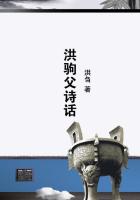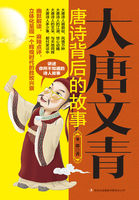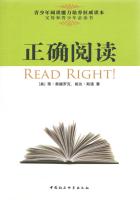Once more, compare the lazar-house in the eleventh book of the Paradise Lost with the last ward of Malebolge in Dante. Milton avoids the loathsome details, and takes refuge in indistinct but solemn and tremendous imagery. Despair hurrying from couch to couch to mock the wretches with his attendance, Death shaking his dart over them, but, in spite of supplications, delaying to strike. What says Dante? "There was such a moan there as there would be if all the sick who, between July and September, are in the hospitals of Valdichiana, and of the Tuscan swamps, and of Sardinia, were in one pit together; and such a stench was issuing forth as is wont to issue from decayed limbs."
We will not take upon ourselves the invidious office of settling precedency between two such writers, Each in his own department is incomparable; and each, we may remark, has wisely, or fortunately, taken a subject adapted to exhibit his peculiar talent to the greatest advantage. The Divine Comedy is a personal narrative. Dante is the eye-witness and ear-witness of that which he relates. He is the very man who has heard the tormented spirits crying out for the second death, who has read the dusky characters on the portal within which there is no hope, who has hidden his face from the terrors of the Gorgon, who has fled from the hooks and the seething pitch of Barbariccia and Draghignazzo.
His own hands have grasped the shaggy sides of Lucifer. His own feet have climbed the mountain of expiation. His own brow has been marked by the purifying angel. The reader would throw aside such a tale in incredulous disgust, unless it were told with the strongest air of veracity, with a sobriety even in its horrors, with the greatest precision and multiplicity in its details. The narrative of Milton in this respect differs from that of Dante, as the adventures of Amadis differ from those of Gulliver. The author of Amadis would have made his book ridiculous if he had introduced those minute particulars which give such a charm to the work of Swift, the nautical observations, the affected delicacy about names, the official documents transcribed at full length, and all the unmeaning gossip and scandal of the court, springing out of nothing, and tending to nothing. We are not shocked at being told that a man who lived, nobody knows when, saw many very strange sights, and we can easily abandon ourselves to the illusion of the romance. But when Lemuel Gulliver, surgeon, resident at Rotherhithe, tells us of pygmies and giants, flying islands, and philosophising horses, nothing but such circumstantial touches could produce for a single moment a deception on the imagination.
Of all the poets who have introduced into their works the agency of supernatural beings, Milton has succeeded best. Here Dante decidedly yields to him: and as this is a point on which many rash and ill-considered judgments have been pronounced, we feel inclined to dwell on it a little longer. The most fatal error which a poet can possibly commit in the management of his machinery, is that of attempting to philosophise too much. Milton has been often censured for ascribing to spirits many functions of which spirits must be incapable. But these objections, though sanctioned by eminent names, originate, we venture to say, in profound ignorance of the art of poetry.
What is spirit? What are our own minds, the portion of spirit with which we are best acquainted? We observe certain phaenomena.
We cannot explain them into material causes. We therefore infer that there exists something which is not material. But of this something we have no idea. We can define it only by negatives. We can reason about it only by symbols. We use the word; but we have no image of the thing; and the business of poetry is with images, and not with words. The poet uses words indeed; but they are merely the instruments of his art, not its objects. They are the materials which he is to dispose in such a manner as to present a picture to the mental eye. And if they are not so disposed, they are no more entitled to be called poetry than a bale of canvas and a box of colours to be called a painting.

